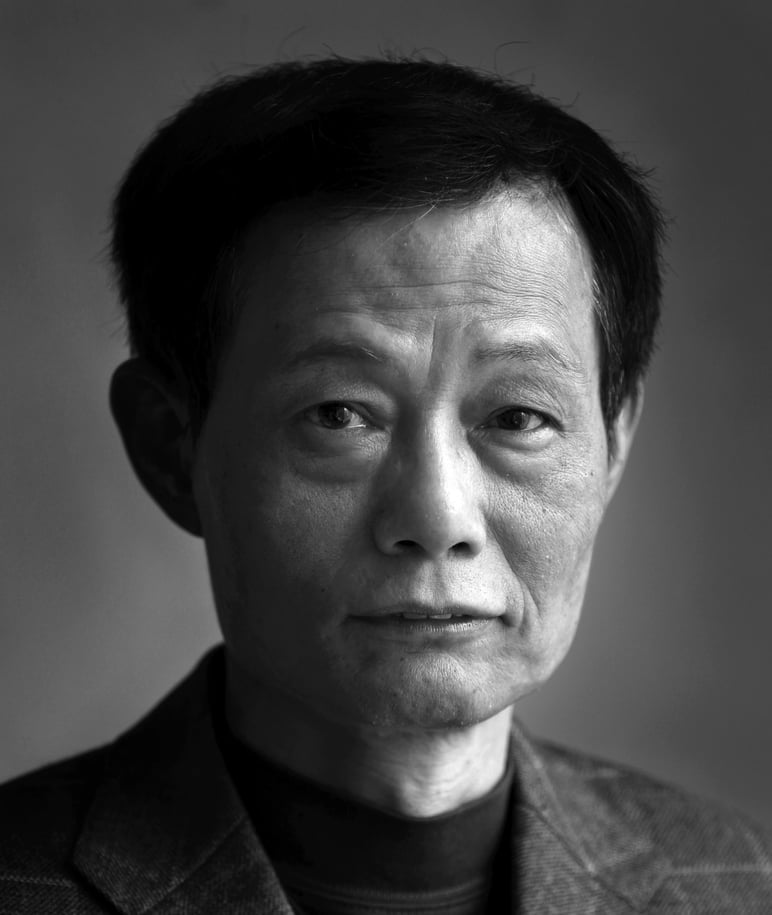
How China’s aid to Venezuela has gone from a win-win to a lose-lose
- Cary Huang says the massive investment in the corrupt Maduro regime has been a mistake. China has failed to save Venezuela from economic collapse, and serious questions are being asked about Beijing’s sensitivity in managing geopolitical risks
Venezuela does represent business opportunities for China, for the Latin American nation needs investment in infrastructure and China has money and technology. Venezuela also has what China wants: oil.
China, the world’s second-largest economy, has long sought to diversify its suppliers and markets. Venezuela, which has some of the largest energy and mineral reserves in the world, provides options.
But China’s massive investment in the country might be fuelled by more than just commerce – there is also Beijing’s geopolitical agenda to consider.
Even as other countries have backed off from doing business with Caracas, Beijing has kept up its financial support. Over the past decade, China has pumped US$62 billion into Venezuela, which accounts for 53 per cent of all Chinese money lent to Latin America. But Venezuela, with its brand of “socialism of the 21st century”, has not been saved from economic collapse.
Economically, China has suffered huge losses. Many of its 790 projects in Venezuela have failed, the victim of corruption or debt defaults. Caracas has also struggled to repay Beijing in oil shipments, despite debt-for-oil deals.
Politically, Beijing has paid a heavy price for its role in propping up the Maduro regime, which might be the world’s most incompetent and corrupt government. Since Maduro took power in 2013, Venezuela’s gross domestic product has shrunk drastically. Inflation skyrocketed to 1 million per cent last year.
This, on top of shortages of running water, food and electricity, and intense crime, has led to an exodus of some three million Venezuelans, or nearly one-tenth of the population. Beijing’s loans have been lifelines for Maduro’s Bolivarian Revolution; China and Russia have been seen as enablers of the Maduro regime.
Obviously, the cost of supporting Maduro now exceeds that of losing an ally in South America. And that is why Beijing has been trying to remain neutral and distance itself from Maduro, despite the fact that China is Venezuela’s largest foreign creditor.
The fiasco in Venezuela has raised serious questions about Chinese policymakers’ sensitivity and credibility when it comes to managing the political risks in investing in Latin America and elsewhere in the developing world.
Beijing sees investing in Caracas as a “natural extension” of its multibillion-dollar Belt and Road Initiative, which should raise the alarm about that network of projects to be built in politically unstable regions such as the Middle East and Africa.
It is also a setback for China’s plans to extend its sphere of influence and increase its presence on the world stage.
Cary Huang, a senior writer with the Post, has been a veteran China affairs columnist since the early 1990s

